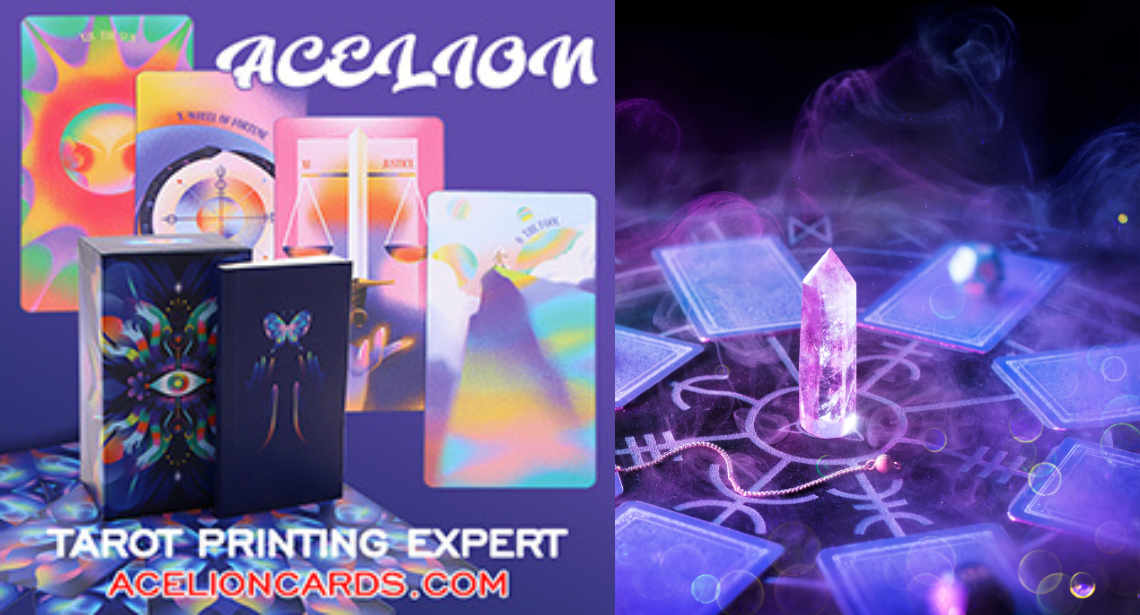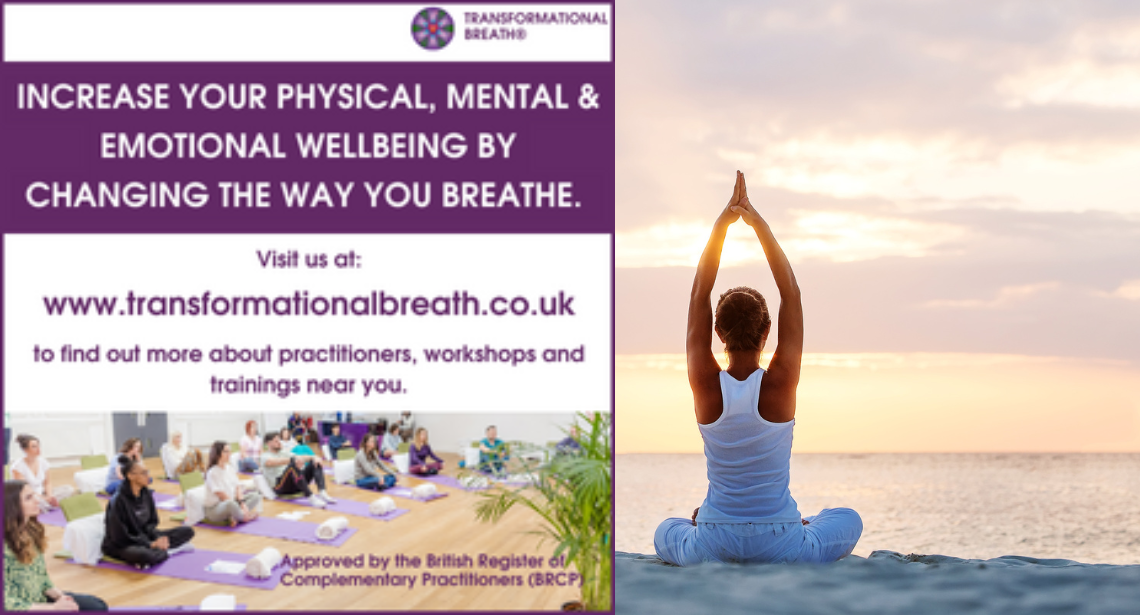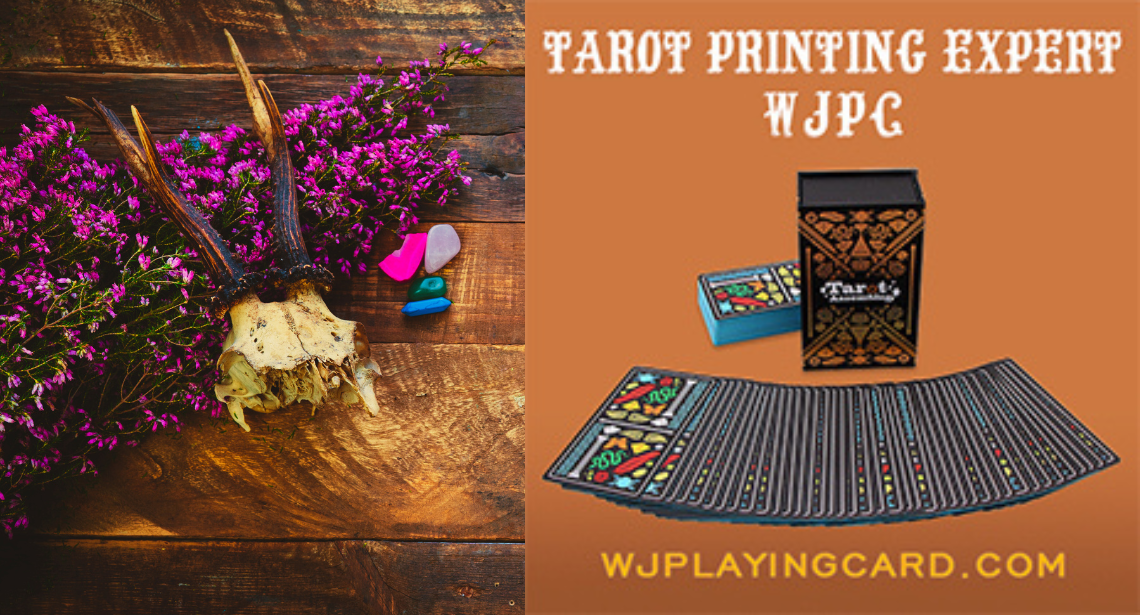The start of each new year brings with it a sense of renewal, and many of us have entered the new year with plans and expectations for our selves and bodies. But what happens when your new diet leaves you with less energy than you expected?
Nutritionist and coach Laura Holland talks us through body image, fad diets and self-love, offering 7 tips to try implementing before talking yourself into another fad diet.
Are stress, limiting beliefs and body-shaming ruining your chances of achieving the body and peaceful relationship with food you crave?
As a leading nutritionist and coach, I have helped heal the food-mindset of thousands of women – including royal families of the U.A.E. – and I truly believe that there’s no point in trying to put ‘healthy’ food into a body with a mindset that is negative and self-loathing.
It’s like trying to put the best quality unleaded fuel in a diesel car – it just won’t work.
Instead of trying to stick to a diet this year, why don’t you try to follow some of the tips I employ with my clients to help them avoid the trap of fad diets and instil more balance, peace and consciousness in the way they relate to food?
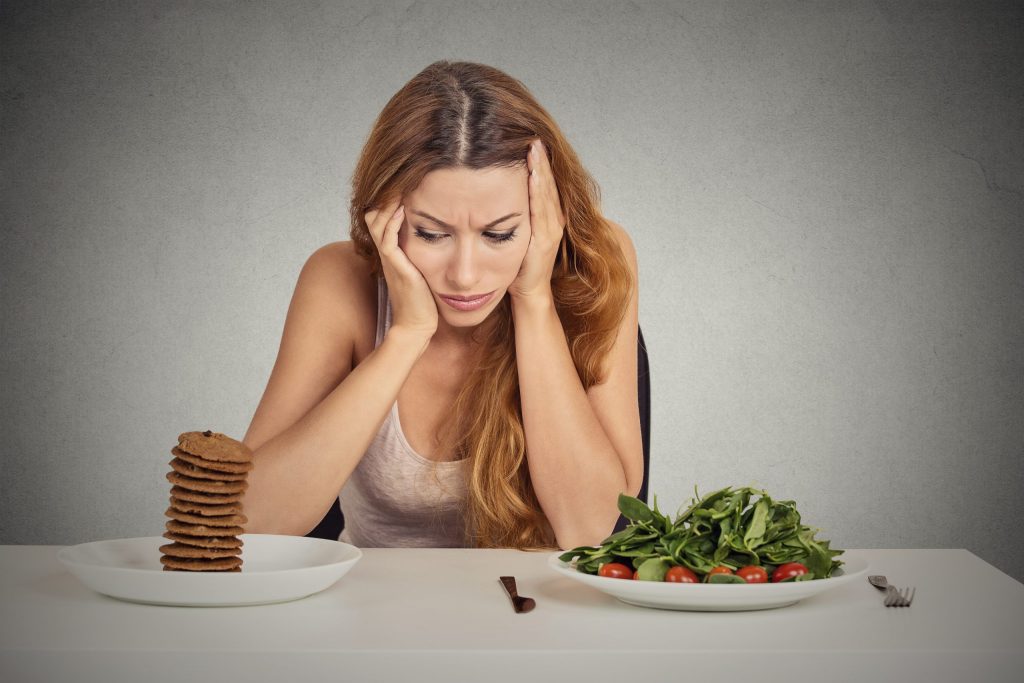
1. Shift the intention
You want to lose weight, but you have a nagging feeling that you need to love yourself a bit more. You want to get fitter, but you know that your lack of motivation stems from your stressful job. These cycles where you never really get anywhere leave you in a state of constant battle, adding to your stress and, ultimately, to the failure of your goals.
Instead of focusing on the end outcome (for example, losing weight or getting fitter)
try shifting your intention to what your body is really asking for. I ask you to slow down and listen to your own body wisdom to discover ways that will nourish and love your body.
This year, rather than setting an intention to lose weight, shift your intention to finding out what your body really needs in order to feel more balanced and at ease. Alternatively, you could set the intention to address your stress levels first. This enables your body to operate from a state of peace and calm rather than the stressed state which is so often the root cause of imbalance, heaviness and general dis-ease.
2. Take up meditation
I encourage all my clients to take up a daily meditation practice and have seen incredible results. Studies have shown that remarkable changes happen in the brain and that stress hormones are drastically reduced with regular practice of meditation. And one of the main contributors to your weight gain, bloating and battle with the scales?
Stress.
Stress wreaks havoc with our internal environment and digestive system, meaning that whatever we are doing to be ‘healthy’ is likely to have little or no effect if we regularly experience stress.
Meditation is one of the most powerful healing tools at our disposal and I always suggests experimenting with ways of meditation that feel good for you. This could take the form of mindful breathing, guided meditations (I personally love meditations by Abraham Hicks) or a mindful movement practice such as yoga or a walk in nature – anything that lowers cortisol is the aim!
3. Choose and eat consciously
Fuelled by stress, food choices are often erratic and meal times can be rushed and hectic. My clients often tell me that they eat standing up, on the go, or find themselves unconsciously binge-eating.
My advice is to
slow down and enquire within: “what does my body really need in this moment?”
Stop and breathe – take a moment to check in with your body and ask yourself the following questions:
How hungry am I?
What type of energy or food does my body need right now?
What will feel good to eat and still feel good after I’ve eaten it?
It takes time to make conscious, confident and more intuitive food choices, but valuing and respecting your body in this way will help to ease stress, cultivating a calmer inner environment for your food to be digested and used as energy and nourishment by your beautiful body.
4. Realise it’s about what you think rather than what you eat
I’m a firm believer in food as medicine, with food used as a tool that can powerfully support a healing process. However,
it is your thoughts that ultimately cure. In a state of fear, stress and self-loathing, your body is unable to activate healing mechanisms and respond positively to any of the healthy things you do for it.
One of the most beneficial things you can do is to notice what negative thoughts you hold onto around food and your body, and change them through discussion, self-enquiry, or a process such as journalling.
This can only come from within. I highly recommend a self-care practice of deep acceptance, appreciation and unconditional love for your body; only then will you allow all of your good intentions to fully manifest.
5. Think LIGHT
One of the cornerstones of my client work is helping people to understand the direct correlation between their thoughts and their digestion.
If there is guilt, shame, disgust, stress or anything that doesn’t resonate with feeling good, your digestion will be affected and there will be a negative impact on your body’s ability or willingness to digest your food.
My message here is to have your cake and eat it –
eat the food that you love and which loves your body back, and if there is any bloating, digestive discomfort, tiredness, heaviness, guilt or shame that crops up, know this is your body’s way of telling you that there’s something which needs addressing.
Choose food you enjoy; food that feeds your whole being and allows your light to shine.
6. Find your own personal superfood
Each one of us is unique, different and complex. Our inner biochemistry, genetics and daily lives, our personal beliefs about food and even our astrological star sign all have a role to play in our differences and how we relate to food. Yet diet culture leads us to believe that somewhere out there is one universal diet which fits us all. This year, I ask you to ignore these trends and not follow the masses, trying instead to get to know your personal Self and truly connect with what suits your body.
However, there is one herb that is suitable for almost everyone and which you can experiment with to help calm your inner environment and have a positive effect on your stress levels –
tulsi, also known as
Holy Basil.
Tulsi is a herb cultivated from a type of basil plant, revered in Ayurveda (an ancient system of medicine in which
ayur means ‘life’ and
veda means ‘science’ or ‘knowledge’) and with a rich history of medicinal use.
Tulsi has huge healing potential. It’s a powerful adaptogen, meaning that it can help to create a state of balance in whatever way is necessary for the individual. This adaptogenic effect has been shown to significantly reduce stress hormones, helping to relieve anxiety and depression whilst simultaneously working to restore energy levels.
I suggest switching your afternoon coffee for a cup of tulsi to reduce stress and improve your overall well-being.
7. Stop seeing food as the problem
Most of my clients come to me thinking that food or excess body weight is the problem. One of the first things I do is help my clients to see that weight isn’t the problem, but rather a symptom of imbalance – food is not the enemy.
There’s always an underlying issue or cause to all of this.
Find and address the underlying issues (whether that takes the form of excessive stress, eating foods that don’t suit your body, poor digestion, hormonal imbalance, a negative belief about food or the fact that you’re lacking in self-love) and work to heal that instead of blaming food and restricting it with the usual diet mindset.
I work closely with my clients to help them understand their misinformed beliefs about food, after which we can create a peaceful, loving, calm inner environment which is conducive to healing and proper digestion. Feeling lighter is a natural consequence.
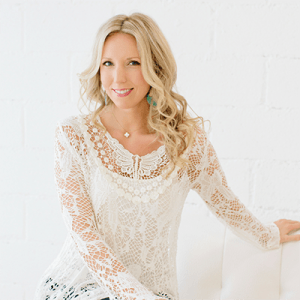
Find out more:
If you'd like to learn more about Laura's book, please visit: www.lovebeu.com/
This year, Laura is also offering private retreats for people wanting to go deep and heal their relationship with their body and food.
You can visit https://www.lovebeu.com/consultancy/retreats/ for more details.













